How to convince Galaxy friends to buy the iPhone 15, because it's really time for them to give up
Make your friends get a phone that will treat them right
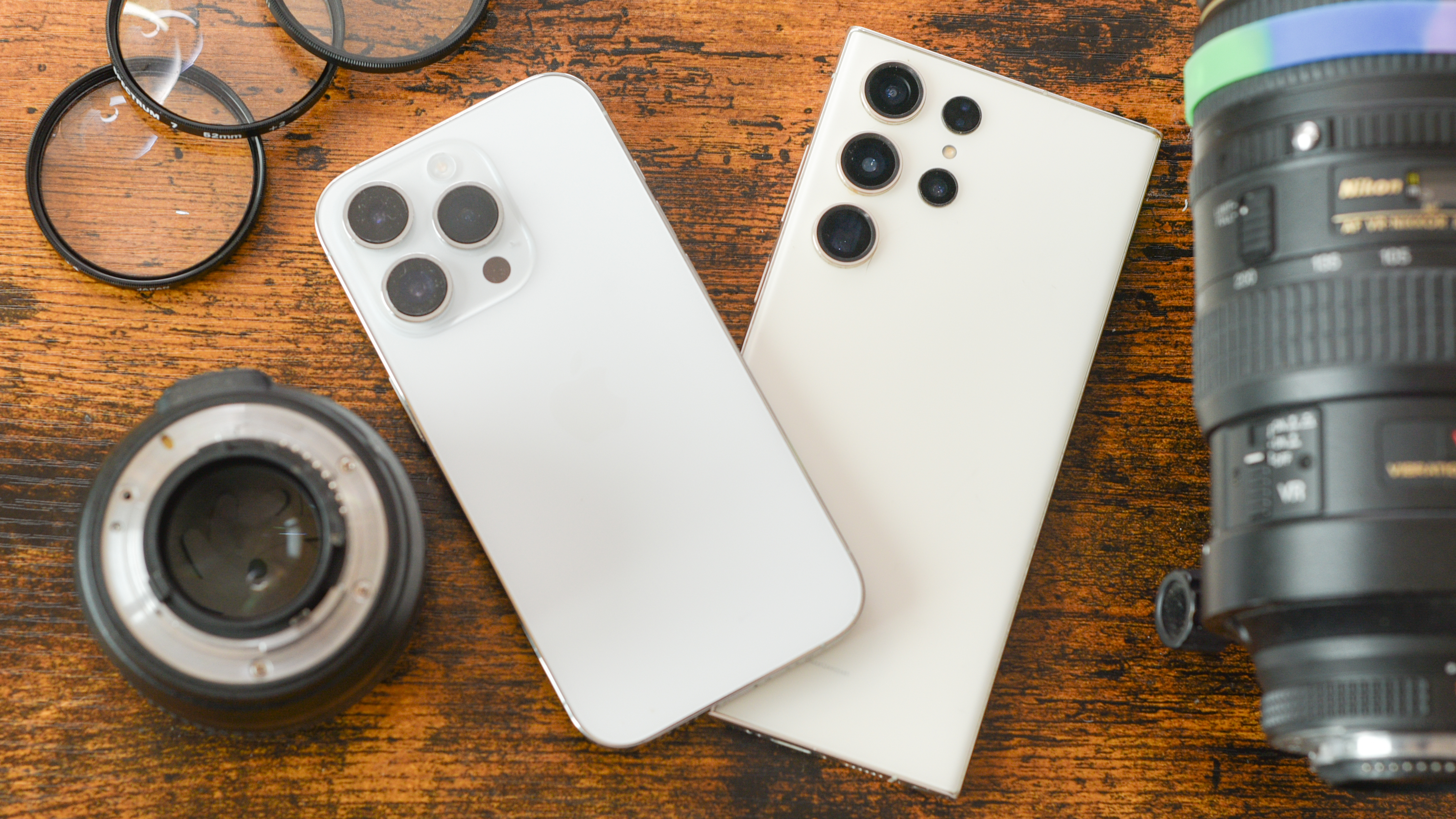
When I stopped working for Samsung more than six years ago, I immediately did what any self-respecting former Samsung guy would do. I went to the Apple Store and bought the best iPhone I could afford, an iPhone 8. I wasn’t being ironic or spiteful, the iPhone really was the best phone for me at the time. My friends were relieved, though my family, who’d jumped on my bandwagon, were flummoxed. Here’s how I explained jumping ship, and if you’re trying to convince a Galaxy-carrying friend to make the switch, here’s the advice I’ll give you.
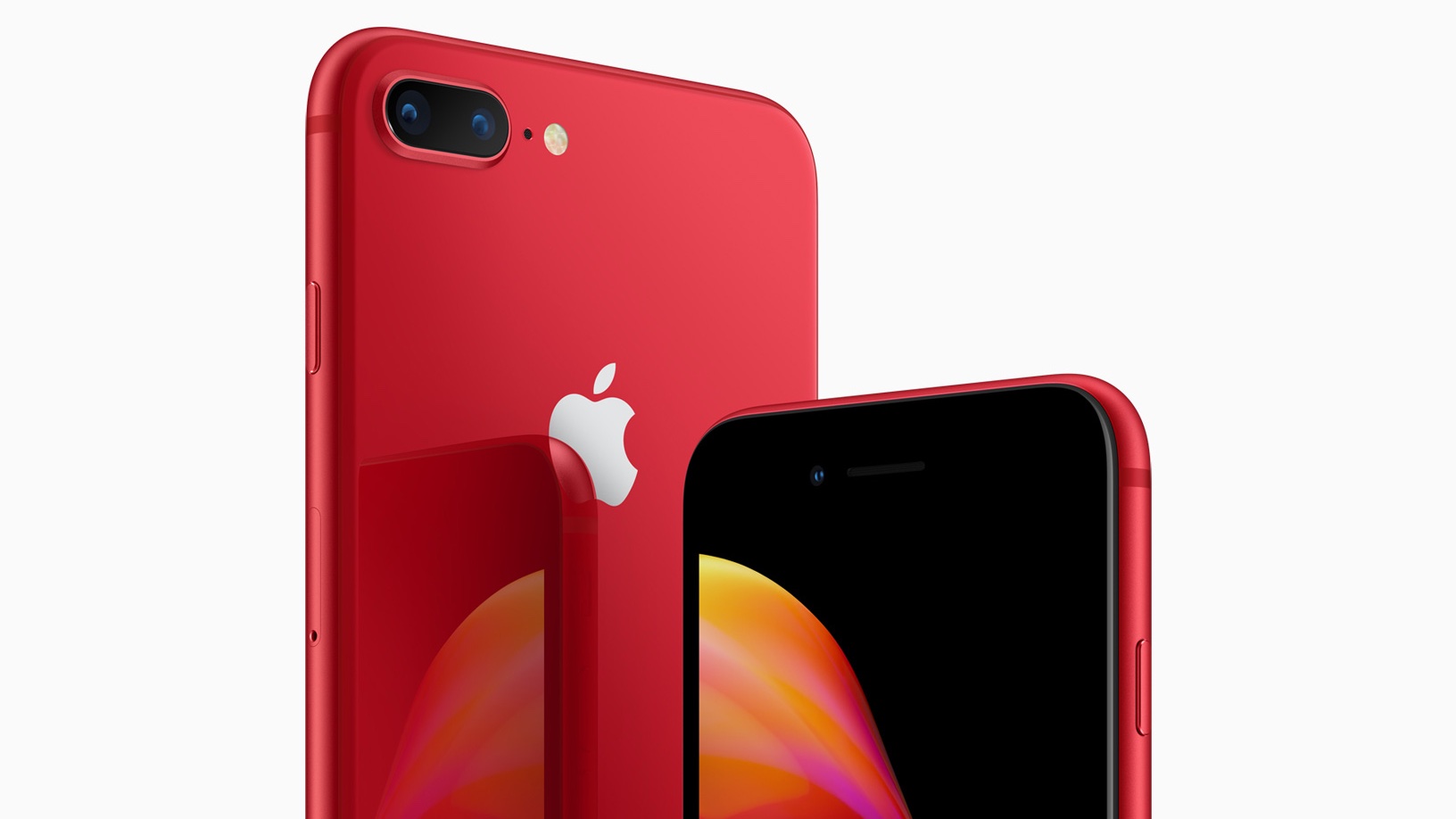
To start, you need to know about the type of person who carries a Samsung phone. Samsung people just DGAF. They know about your iPhone. I should say that we know, because I’m carrying a Galaxy S23 Ultra right now, and I think it’s the best phone you can buy overall.
So, yes, I know all about the iPhone and everything you like about it. It just works. It takes great pictures. It doesn’t get hacked or share your data. It’s simple and reliable and you don't have to worry about it. All the apps. You know where to take it when it needs to be fixed quickly.
Guess what? My Samsung has all of those qualities as well. It’s been a long time since those were the iPhone’s real advantages. There are better reasons to buy an iPhone, and there will probably be reasons why the rumored and upcoming iPhone 15 family, especially the iPhone 15 Pro that I’m eyeing, will be superlative phones, among the best phones you can buy.
Maybe. We still don’t know, but there are real advantages that the iPhone world has over the best Androids, and those can be tough to swallow.
If your Android friends switch they won't be left out
Why do you want to convince your Android friend to switch in the first place? Because there is more you can do together if you all have iPhones. There are in-groups for iPhone users. There are apps, and features within apps, that only work when everybody is playing the same game, and that game belongs to Apple.
If you think I’m talking about iMessage and the green- versus blue-bubble debate, that’s only the beginning. Apple has used Messages as a launching point for numerous other iPhone features. The humble text messaging app that secretly locks you into the iMessage world also hides features that only work when you use them in a conversation with other iPhone owners.
Sign up for breaking news, reviews, opinion, top tech deals, and more.
The most important of these will be the new safety Check In feature. If you are driving home, or if you are going out for a run late at night, you can use Check In to let your friends keep tabs on you. They’ll get an alert if something goes wrong, packed with information that can help you. If everybody has an iPhone, that is. Check In only works between iPhone users, not with your Android friends.
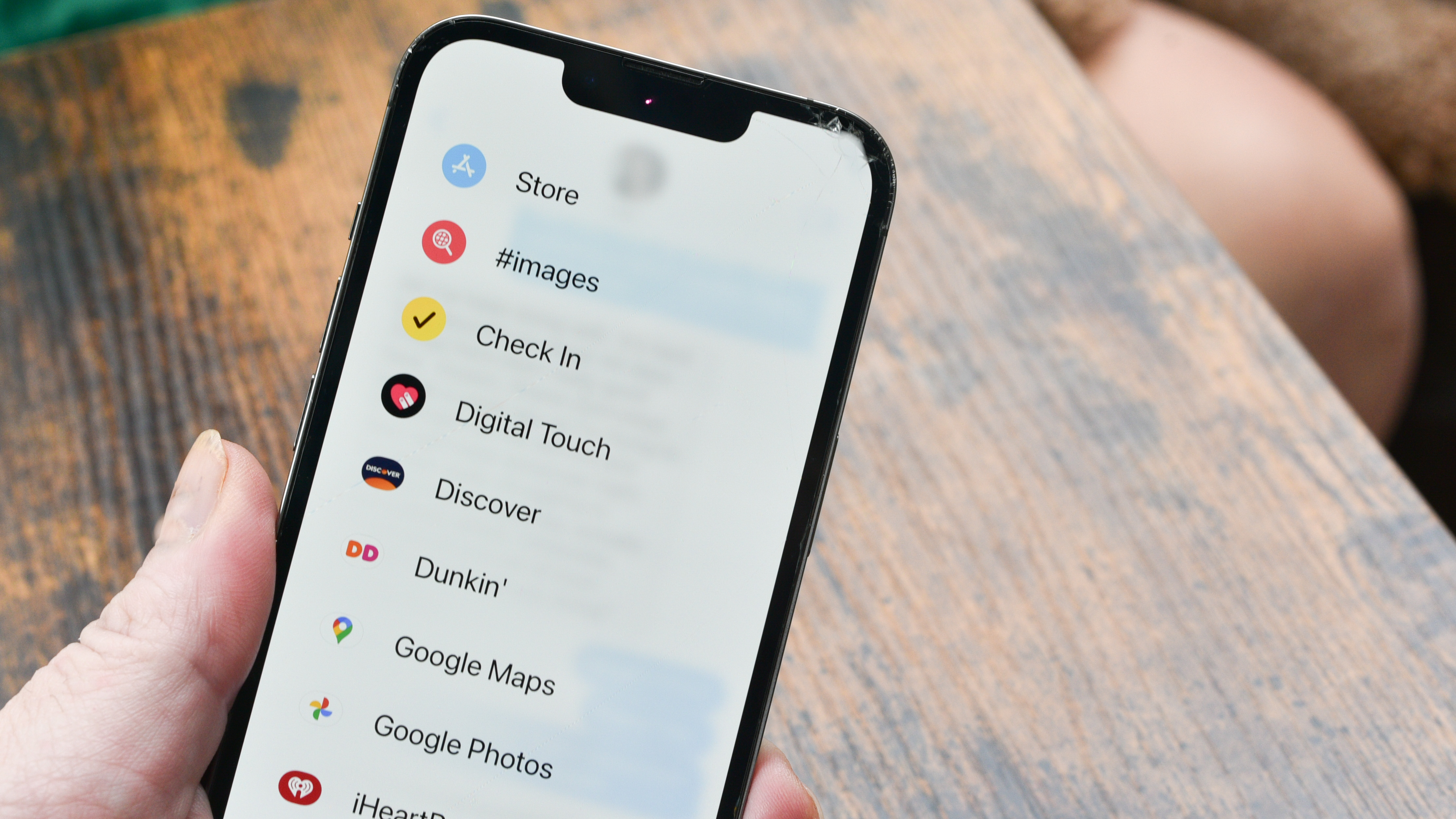
More and more, Apple is going to be building features that work only between iPhones, and if you want to get on board, you need to own an Apple phone. That’s not the best reason to switch, but it is legitimate. If all of your friends have an iPhone, you don’t want to miss out just because you’re stubborn about the phone you carry.
Apple respects its users and it shows
When I use an iPhone, I feel like the company that made it respects me. I can add subscriptions for music, or cloud storage, or other benefits, but there isn’t any pressure. When I use my iPhone, I feel like I’m using my own phone, not a phone bestowed upon me by corporate giants.
Two photo galleries. There are two freaking virtual assistants, for crying out loud
When I use my Galaxy phone, or almost any Android phone, I’m constantly being sold something. I’ve had Galaxy phones that served me an ad on my first day of ownership, imploring me to go out and buy the phone I was now holding.
Not only that, but even after fifteen years of complaining about extraneous software on Android phones, my Galaxy phone is still loaded with duplicates and bloatware. There are two web browsers. Two photo galleries. There are two freaking virtual assistants, for crying out loud. Preloaded, before I add anything. Two is too many.
Why am I complaining? Because my car doesn’t have two steering wheels, and the web browser is just as important to the phone as the steering wheel is to the car. My car doesn’t have extra rear view mirrors. Car companies know that extra is not good. Extra stuff would cause confusion and make the car harder to use, not easier. Phone companies haven’t learned this, except for Apple.
Keeping your information private will be vital in the future
Apple has historically shown the most respect for user privacy, among all of the major phone makers. There are vulnerabilities and security exploits for every phone, and Samsung’s Knox security works at the hardware level, so it’s hard to beat. But Apple consistently makes choices and changes that signal to its users that privacy and security matter.
Take Apple’s Lockdown Mode. Both Android and Apple have a Lockdown mode for their respective platforms. Google’s Lockdown will disable biometric login to protect you against a hacker trying to steal your identity.
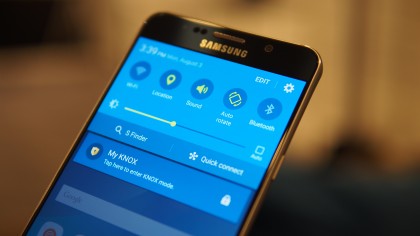
Apple’s Lockdown mode, on the other hand, will protect you against state-sponsored hacking attempts by unfriendly governments. The company specifically calls out NSO Group, makers of the infamous Pegasus spyware, in the Lockdown Mode announcement. That is extreme dedication to user privacy.
Our phones are going to learn more and more about us, especially as both spatial computing and health technology improve. Our devices will know everything about us, inside and out, literally. They will know where we’ve been, who we’ve seen, and how we were feeling at the time.
When the time comes to trust technology with that level of information, Apple has a better track record than any other device maker. That doesn’t mean that Google or Samsung or Microsoft are untrustworthy, it just means that Apple has demonstrated its commitment repeatedly, and we need more proof from the rest that privacy is globally important, no matter the local conditions.
The entropy of Galaxy phone values
I don’t need to convince you that an iPhone is a better buy than a Galaxy phone, because the market can do that for me. When you buy an iPhone, it holds its value longer. I have an iPhone 14 Pro and a Galaxy S23 Ultra. After a year, a search on used markets like eBay and Swappa show me the iPhone has probably lost $200 - $300 in value. After only six months, my Galaxy has lost twice as much value, and it’s available for $400+ less than I paid.
Why does that matter? Because you’ll want to trade this phone for whatever you buy next. When you have an iPhone, you can pretty much just get next year’s model for a couple hundred, if you have a current iPhone to trade. Apple makes it easy, and there are usually iPhone deals at wireless carriers. Actually, even if you trade your iPhone for next year’s Galaxy, Samsung will pay you a premium.
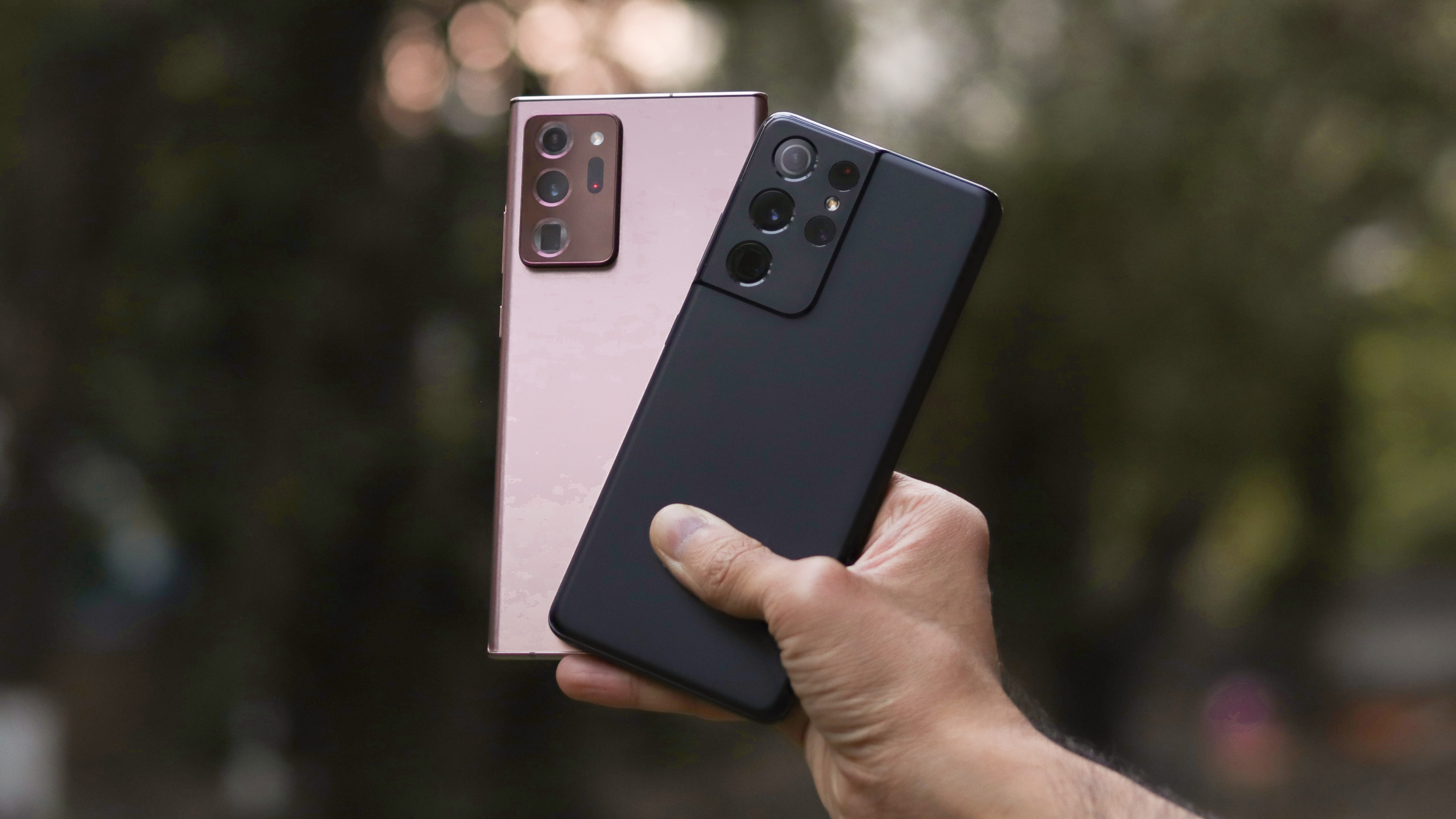
Samsung phones have great trade in value, as well, if you trade them to Samsung. Samsung has buffer deals to increase trade values, especially on its own phones. I’ve also seen special trade deals from carriers like AT&T, giving money for any Galaxy in any condition.
That’s a great deal, but it’s not always available, and it’s not a true reflection of the phone’s value. If the phone were worth a lot, I’d be able to get a lot for it, no matter where I trade or sell it.
Software updates for years and years with the iPhone
Why do Samsung phones lose their value more quickly? I’m not sure, but I wonder if the lack of commitment on software updates is part of the problem. Apple supports its phones for a very long time. The new iOS 17 update coming out this year will work on phones stretching back to the iPhone XR, which was launched in 2018. The company has reliably supported phones for five years, possibly longer.
Samsung, on the other hand, will roll out major OS updates for the next three years, it says. Unlike Apple, which gives every iPhone owner the new iOS update on the same day, Samsung will roll out its updates on whatever schedule it can manage. If you and your neighbor both have a Galaxy S20, for instance, you will probably get one more Samsung One UI update, but you won’t get it at the same time.
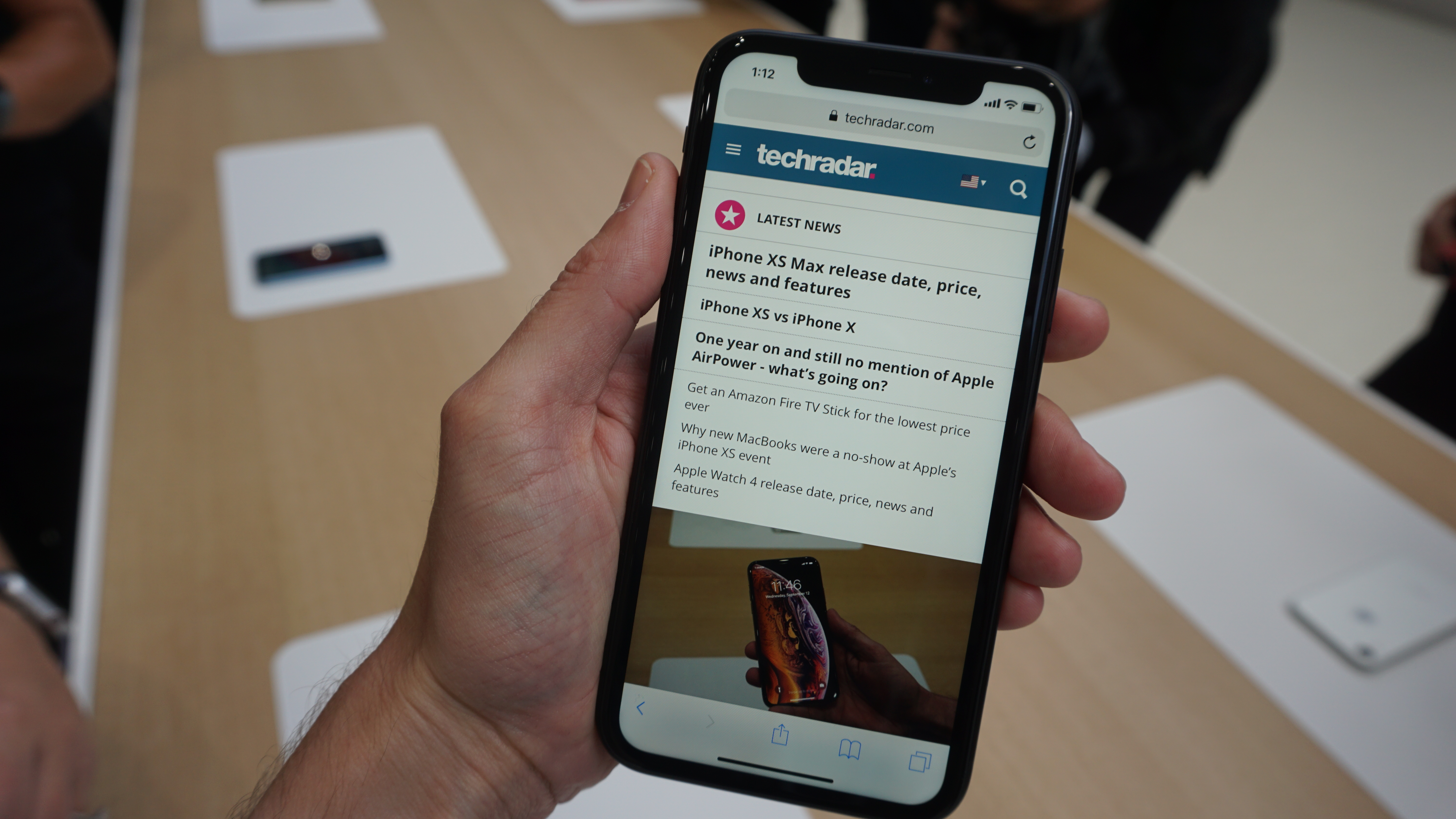
In fact, you won’t really know when you’ll get it. Even if Samsung says an update is available, it isn’t usually available to everyone on the same day. Apple users take this for granted that they can have the software when Apple says GO! For Samsung fans, life is a mystery.
All of these things add up. Maybe you can’t convince someone that they need to drop their Galaxy phone to be part of your Messages group. Instead, show them what it’s like to use a phone that is entirely yours, without any bloat or app makers competing for your home screen space. Let them play with your iPhone, because it’s securely locked down. Then take it back quickly, because they might drop it, and a broken screen is the one thing that every phone owner hates equally.
You might also like

Starting more than 20 years ago at eTown.com. Philip Berne has written for Engadget, The Verge, PC Mag, Digital Trends, Slashgear, TechRadar, AndroidCentral, and was Editor-in-Chief of the sadly-defunct infoSync. Phil holds an entirely useful M.A. in Cultural Theory from Carnegie Mellon University. He sang in numerous college a cappella groups.
Phil did a stint at Samsung Mobile, leading reviews for the PR team and writing crisis communications until he left in 2017. He worked at an Apple Store near Boston, MA, at the height of iPod popularity. Phil is certified in Google AI Essentials. His passion is the democratizing power of mobile technology. Before AI came along he was totally sure the next big thing would be something we wear on our faces.